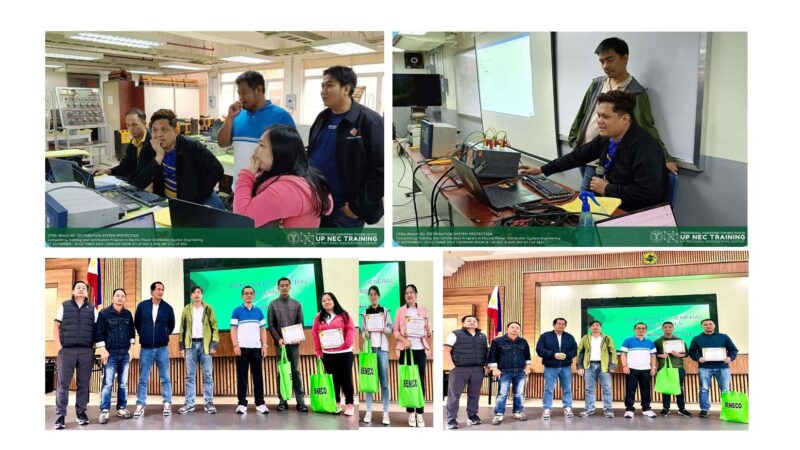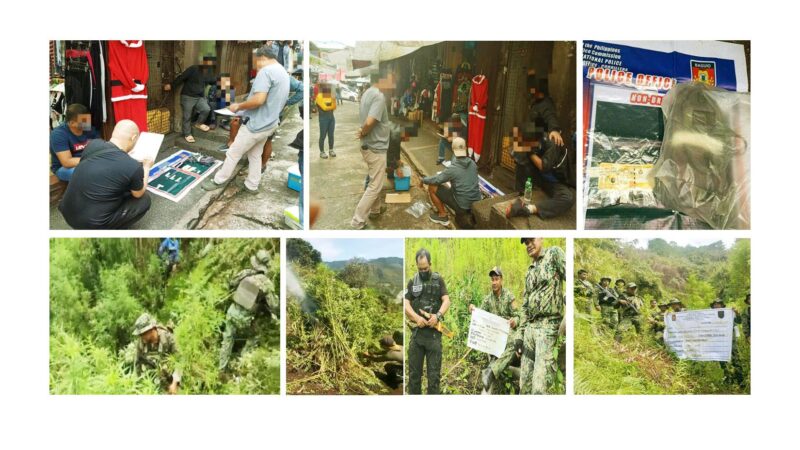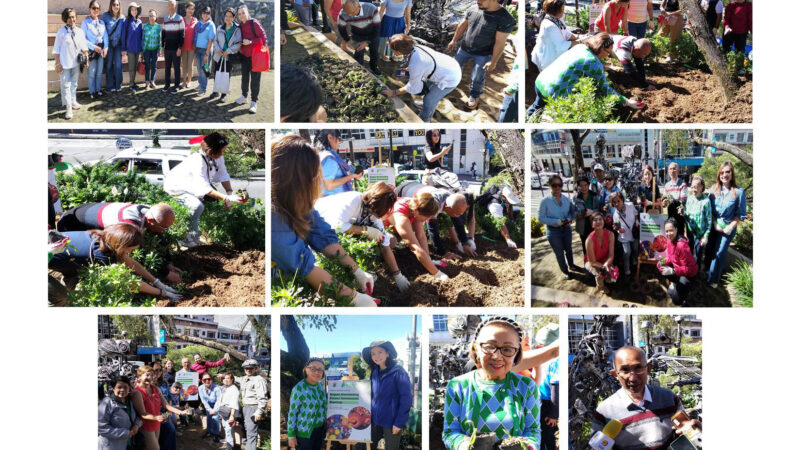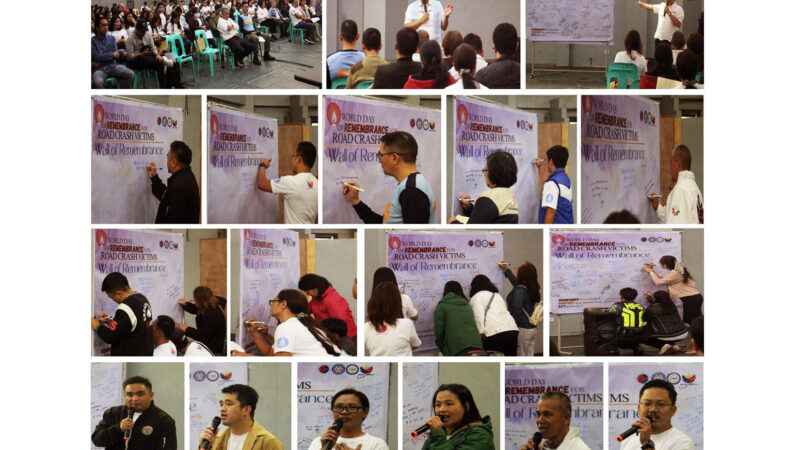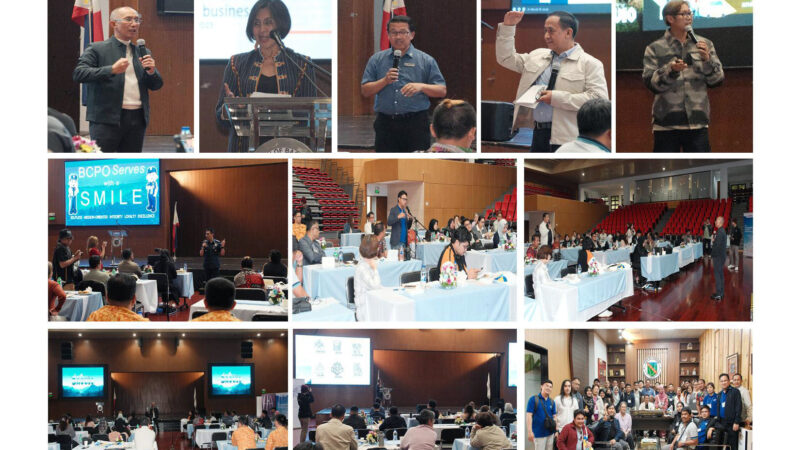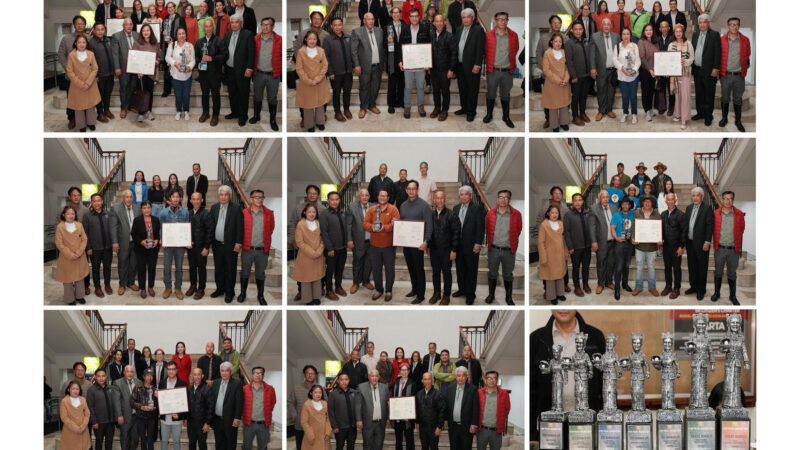Compliance of drinking water refillers ordered

City officials urged the Local Drinking Water Quality Monitoring Committee, through the City Health Officer and the president of the Baguio Association of Purified and Mineral Water Refillers, Inc., to submit to the City Mayor’s Office and the local legislative body a report or update on the compliance to various ordinances by drinking water refillers.
Under Resolution NO. 012, series of 2023, city legislators stated that there is a need to identify the underlying reasons why 66 percent of purified and mineral refillers in the city in 2016 were allegedly unable to secure the necessary permit to engage in such business and to come up with measures not only for compliance to Ordinance No. 59, series of 2008 and its implementing rules and regulations and Ordinance No. 18, series of 2016 otherwise known as the Environment Code of Baguio City, by purified and mineral water refillers but also for proper legislative action for the general public.
Further, the report should be submitted to the City Mayor’s Office and the City Council within 30 days upon receipt of the resolution.
On the other hand, the Council stipulated that the status survey report of the Baguio Association of Purified and Mineral Water Refillers, Inc. be furnished to the Local Drinking Water Quality Monitoring Committee through the City Health Services Office and the Permits and Licensing Office for their information and appropriate action.
Earlier, Resolution No. 086, series of 2017 was adopted urging the Local Drinking Water Quality Monitoring Committee through the City Health Services Officer and the president of the Baguio Association of Purified and Mineral Water Refillers, Inc. to come up with a report or update on the compliance of drinking water refillers to Ordinance No. 41, series of 2007 and its implementing rules and regulations for legislative support purposes.
The Council underscored that water is most essential to support life and is a basic human necessity but access to clean potable water by households is now becoming restrictive as it has developed into a prime commercial commodity of high value and its quality being degraded by unscrupulous distributors or suppliers.
The body claimed that due to the socio-economic impact of water, it is imperative for the government to regulate its extraction, processing, distribution, and use to ensure compliance of extractors, processors, and distributors to government regulations to safeguard public health.
The Council admitted that the proliferation of colorum water refilling stations pose a potential public health hazard, particularly as observed that some entrepreneurs are using deformed and discolored water plastic barrels or containers, especially those delivered in the barangays. – Dexter A. See


